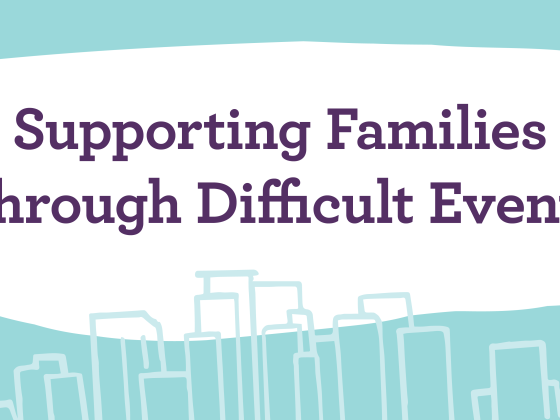Why We Start Early: The Power of Early Childhood Learning
Way to Grow knows that the earliest years of life are foundational. Before a child ever steps foot into a classroom, they are already learning through language, through bonding with others, and through everyday experiences. That’s why we start early.
From the prenatal stage through age eight, a child’s brain develops more rapidly than at any other time. Research from Harvard’s Center on the Developing Child confirms that more than one million new neural connections form every second in a young child’s brain. The quality of early childhood experiences directly impacts long-term outcomes in education, health, and economic mobility (Harvard Center on the Developing Child).
What Is Early Childhood Learning?
Early childhood learning refers to the critical development that occurs from birth to age eight, learning happens everywhere – during a bedtime story, at a pediatric visit, even while riding the bus to the grocery store. That’s why our programs bring education directly to families in their homes and communities.
Our Family Educators partner with parents and caregivers to support literacy, school readiness, and parenting confidence. We help families navigate everything from developmental milestones to school enrollment, while centering their goals and cultural identities.
Why Starting Early Matters
- School readiness begins at birth. Children who enter kindergarten ready to learn are more likely to read by third grade, which is a crucial predictor of long-term academic success.
- Families build strong habits early. When parents and caregivers have the tools and support they need early on, they’re better equipped to foster nurturing, consistent learning environments.
- Intervention is more effective. The earlier challenges like speech delays or behavioral concerns are identified, the more successful and cost-effective support can be.
Starting early is not just a strategy, it’s a commitment to equity.
Children who fall behind in the early years often stay behind. By 18 months, socioeconomic gaps in language exposure and vocabulary development are already measurable. By the time children enter kindergarten, those early differences have expanded into disparities in attention, literacy, and social-emotional development.
As the National Early Childhood Technical Assistance Center notes, “Early intervention can change a child’s developmental path and improve outcomes for children, families, and communities” (CDC Early Intervention Factsheet).
Early childhood is a time of unmatched developmental plasticity. It’s a pivotal moment to provide families with the resources, encouragement, and community they need to lay a strong foundation, before children face the added pressures of formal schooling. Way to Grow sees starting early as essential to ensuring every child has the opportunity to thrive.
The Role of Parents and Caregivers
When families are empowered with knowledge and support, children thrive. That’s why Way to Grow’s Great by Eight program walks alongside parents through every stage—from prenatal checkups to parent-teacher conferences.
We know families are their child’s first teachers. Our role is to empower parents and caregivers through education and resource support.
Early Learning Partnerships That Work
We are proud to collaborate with trusted partners who share our belief in early childhood education, including:
- Northside Achievement Zone (NAZ)
- Minnesota Prenatal to Three Coalition
- Minneapolis Public Schools and Osseo School District Early Childhood departments
- Local clinics and libraries that help bring learning into the heart of the community
- And many more!
These connections ensure that families are not navigating systems alone.
Early Learning Partnerships That Work
Every child deserves the opportunity to succeed. That means showing up early, staying consistent, and building trust one visit at a time. Because when we invest in families early, we change outcomes for a lifetime.
Way to Grow believes that early childhood learning is not just a phase, it’s the foundation for thriving in school and life.




